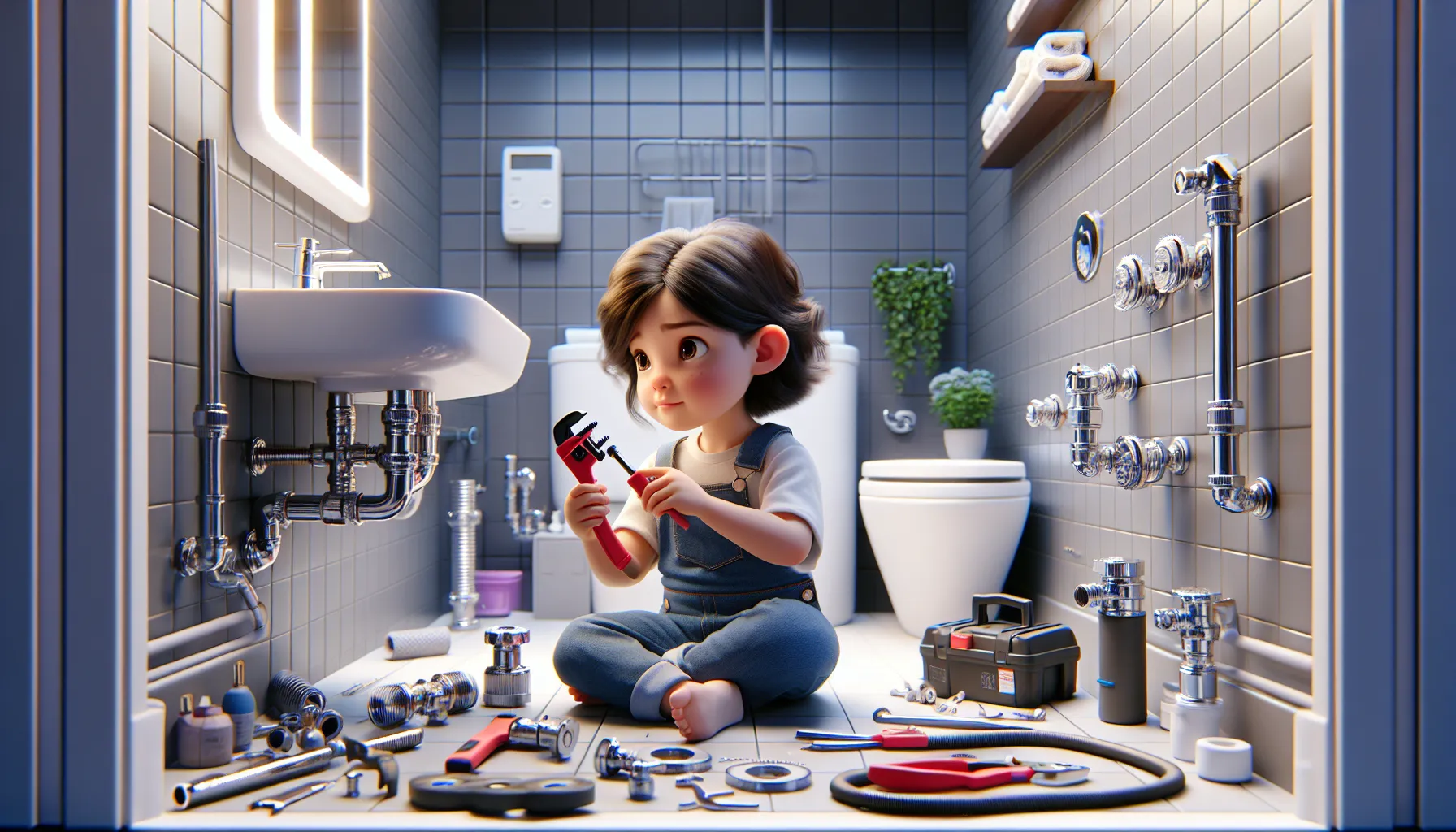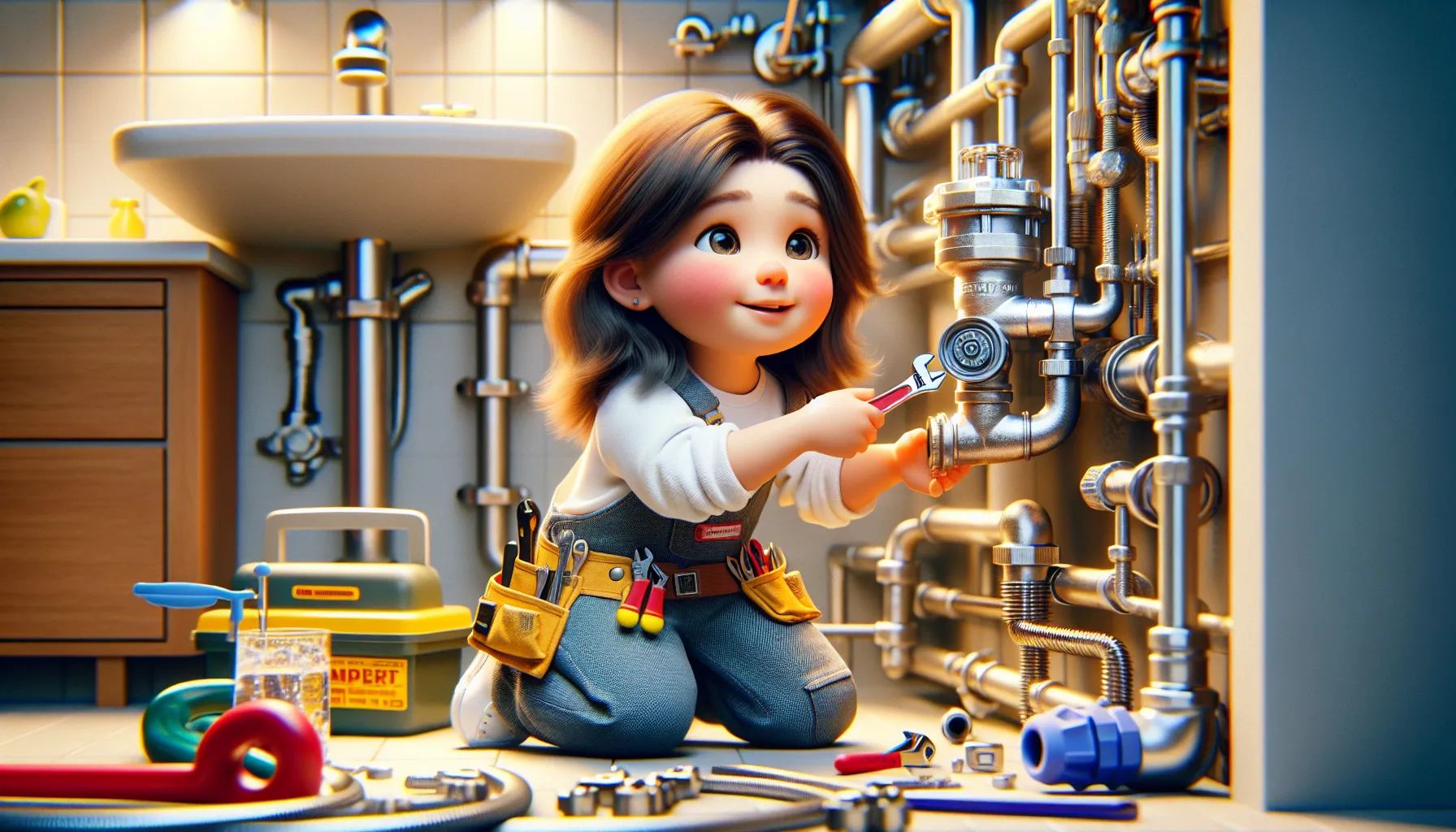Most households can reduce their water bills by implementing a few simple yet effective changes in their daily habits. Water consumption is a crucial part of our daily routine, and wastage can lead to not only higher bills but also environmental consequences. In this blog post, we will explore proven strategies that can help you lower your water bill without compromising your daily needs.
Key Takeaways:
- Fix Leaks Promptly: Repairing leaks can save hundreds of gallons of water each month, reducing your water bill.
- Install Low-Flow Fixtures: Upgrading to low-flow toilets, showerheads, and faucets can significantly reduce water usage and save money.
- Use Water-Efficient Appliances: Opt for Energy Star-rated washing machines and dishwashers to reduce water consumption and lower utility costs.
- Be Mindful of Water Usage: Practice water-saving habits like turning off the faucet while brushing your teeth and fixing dripping faucets to save on your water bill.
- Collect and Reuse Water: Collect rainwater for gardening or reuse water from washing fruits and vegetables to minimize water wastage and cut down on expenses.
Assessing Your Water Usage
There’s no denying that monitoring your water usage is crucial when it comes to saving on your water bill. By taking the time to assess how much water your household consumes, you can identify areas where you can cut back and make more efficient choices.
Reading Your Water Meter
Clearly, one of the most effective ways to track your water usage is by reading your water meter regularly. The water meter provides accurate data on how much water your household is using on a daily basis. To track your consumption, simply take a reading at the same time each day and compare it over time to identify any spikes or trends that may indicate a leak or wasteful water habits.
Identifying High Water Consumption Habits
With a keen eye, you can easily identify high water consumption habits in your household. Common culprits include leaving the faucet running while brushing teeth, taking long showers, running the dishwasher or washing machine with only a few items, and ignoring leaks. By addressing these habits, you can make a dramatic impact on your water bill each month.
This proactive approach to monitoring and adjusting your water usage can lead to significant savings over time. By being mindful of your water consumption habits and making small changes where necessary, you can take control of your water bill and reduce your environmental impact.
Indoor Water Saving Tips
Fixtures and Appliances
Any household can reduce their water usage by paying attention to leaky faucets, toilets, and other fixtures. Even a small leak can waste a significant amount of water over time. Make sure to check for any leaks and repair them promptly. You can also install low-flow aerators on faucets and showerheads to reduce water usage without sacrificing water pressure.
You should also consider upgrading to WaterSense labeled appliances, such as washing machines and dishwashers, which are designed to be more water-efficient. These appliances use less water per load, ultimately saving you money on your water bill.
Thou, investing in water-saving fixtures and appliances can lead to long-term savings and make your home more environmentally friendly.
Daily Habits
You can make a significant impact on your water bill by being mindful of your daily habits. While taking shorter showers and turning off the tap while brushing your teeth are common tips, there are other ways to conserve water indoors. Consider reusing clean water from activities like rinsing fruits and vegetables to water your plants or garden.
While using your washing machine, aim to run full loads to maximize water efficiency. Additionally, consider using the short cycle setting when possible to further reduce water consumption.
Thou, small changes in your daily habits can add up to significant water savings over time, ultimately lowering your water bill.
Faucets
When using faucets, make sure to fix any leaks promptly as they can waste a significant amount of water. Install low-flow aerators to reduce water usage without compromising water pressure. Upgrading to WaterSense labeled appliances can also help save water and money in the long run.
Outdoor Water Saving Strategies
Landscaping and Gardening
The landscaping and gardening choices you make can have a significant impact on your water usage. Opt for native plants and drought-resistant species that require less water to thrive. Group plants with similar watering needs together to avoid overwatering certain areas. Adding mulch around plants and in garden beds can help retain moisture in the soil, reducing the need for frequent watering. Consider installing a drip irrigation system to deliver water directly to the roots of plants, minimizing evaporation.
By choosing water-efficient landscaping and gardening practices, you can conserve water and save money on your water bill each month.
Lawn Maintenance
The key to water-saving lawn maintenance is to water deeply but infrequently. Watering your lawn early in the morning can minimize evaporation and ensure that the water reaches the roots where it’s needed most. Avoid watering on windy days to prevent water waste due to runoff. Additionally, adjusting your lawnmower to a higher cutting height can promote healthier grass that requires less water to thrive.
Plus, regular maintenance tasks such as aerating your lawn and overseeding can help improve water absorption and reduce water runoff, ultimately leading to a more sustainable and cost-effective lawn care routine.
Smart Water Management
Despite the vital nature of water, it’s crucial for households to practice smart water management to reduce waste and lower their water bills. By implementing water-saving technologies and conducting regular maintenance checks, you can conserve water and save money in the long run.
Implementing Water Saving Technology
For effective water management, consider investing in smart irrigation systems that adjust watering schedules based on weather conditions and soil moisture levels. This prevents overwatering and reduces water wastage. Low-flow faucets and showerheads are also helpful in cutting down water usage without compromising on performance. Additionally, installing dual-flush toilets can significantly decrease water consumption in your household.
Regular Maintenance Checks
Maintenance is crucial for the efficient functioning of your water systems. Regularly inspecting for leaks in pipes, faucets, and toilets can prevent water loss and identify potential issues early on. Checking for proper irrigation system operation ensures that water is being distributed evenly and effectively. It’s recommended to conduct these checks at least once a month to address any problems promptly.
Regular maintenance checks not only help in conserving water but also contribute to the longevity of your plumbing and irrigation systems. By staying proactive and addressing any issues quickly, you can avoid costly repairs and water wastage in the future.
Harvesting Rainwater
Understanding Factors That Affect Water Usage
Unlike other utility bills, water usage can be affected by several factors that may not be immediately obvious. By understanding these factors, you can make informed decisions to save money on your water bill.
Seasonal Variations
Usage of water in households can fluctuate based on the season. During the hot summer months, outdoor activities like watering the lawn or filling up a swimming pool can significantly increase water consumption. On the other hand, the winter months may see a decrease in water usage as outdoor water activities decrease. It’s vital to be mindful of these seasonal variations and take steps to reduce water usage during peak times.
- Monitor outdoor water usage during hot summer months.
- Consider investing in water-efficient appliances to help reduce overall consumption.
The key is to be proactive in managing your water usage throughout the year.
The Impact of Household Size and Behavior
Clearly, the number of people in a household and their water consumption habits can have a profound impact on the overall amount of water used. Larger households with more occupants are likely to use more water for daily activities such as showers, laundry, and dishes. Moreover, behaviors like leaving the faucet running while brushing teeth or taking long showers can lead to unnecessary water waste.
Plus, households with children may have additional water usage from baths, frequent handwashing, and water play. It’s crucial to educate all members of the household on the importance of conserving water and adopting water-saving habits to reduce overall consumption.
Community and Government Incentives
Rebates and Discounts for Water Conservation
After implementing water-saving strategies in your home, you may be eligible for rebates and discounts from your local utility company or government. These incentives are designed to encourage individuals to adopt water conservation practices and technologies. Rebates can help offset the initial cost of purchasing and installing water-efficient appliances or fixtures, making it more affordable for households to save water and reduce their utility bills in the long run.
Participating in Community Water Saving Programs
Water-saving programs offered by local communities provide additional opportunities for individuals to save on their water bills. By participating in these programs, residents can benefit from expert advice, resources, and even financial assistance to improve their water conservation efforts. These programs often involve community-wide initiatives such as water-saving challenges, educational workshops, and even free water-saving kits for participants.
Understanding and taking advantage of these incentives and programs can not only help you save money on your water bill but also contribute to sustainable water usage in your community. Be sure to check with your local utility company or government to see what incentives are available in your area and how you can get involved in community water-saving programs.
Measuring and Tracking Your Progress
Your journey to saving money on your water bill begins with measuring and tracking your progress. By setting specific goals and monitoring your water usage over time, you can actively work towards reducing your water consumption and ultimately lowering your monthly costs.
Setting Water Usage Goals
Goals are vital in reducing your water bill. Start by setting realistic and achievable water usage goals for your household. Consider factors such as the number of people in your home, your average water consumption, and any leaks or inefficiencies in your plumbing. By establishing clear objectives, you can track your progress and make necessary adjustments to meet your targets.
Monitoring Your Water Bill Over Time
While setting goals is the first step, monitoring your water bill over time is equally important. Keep a close eye on your water usage patterns by reviewing your monthly bills. Look for any unexpected spikes in usage, which could indicate leaks or wasteful practices. By consistently monitoring your water bill, you can identify areas where you can cut back and continue working towards your savings goals.
Your commitment to tracking your progress will not only help you save money but also contribute to a more sustainable use of water resources. Make it a habit to regularly check your water bill and adjust your consumption habits accordingly to achieve long-term savings.
Summing up
Taking this into account, saving money on your water bill is not only beneficial for your wallet but also the environment. By adopting simple yet impactful practices like fixing leaks, using efficient fixtures, and being mindful of your water usage, you can significantly reduce your water bill and contribute to water conservation efforts.
It is vital to be proactive about water-saving measures in your household to see significant savings on your water bill over time. By making small changes to your daily routines and habits, you can make a big difference in both your finances and overall water consumption. Note, every drop counts!
FAQ
Q: Why is it important to save money on your water bill?
A: Saving money on your water bill not only helps reduce your monthly expenses, but also conserves water resources and contributes to environmental sustainability.
Q: What are some practical tips for saving money on your water bill?
A: Some practical tips include fixing leaks promptly, installing water-saving fixtures, using water-efficient appliances, and being mindful of water usage habits.
Q: How can fixing leaks help in saving money on your water bill?
A: Fixing leaks, such as dripping faucets or running toilets, can prevent water wastage and reduce your water bill significantly over time.
Q: Are there any incentives or programs available for water conservation?
A: Many local utility companies offer rebates, incentives, or programs for water conservation measures, such as installing water-efficient fixtures or appliances.
Q: How can I monitor my water usage to save money on my water bill?
A: You can monitor your water usage by checking your water meter regularly, using water tracking apps, or investing in smart water meters to identify areas where you can reduce water consumption and save money.


